Teaching for the 2024-2025 Academic Year

BIOL 3200: Processes of Evolution: In this course we will take an advanced look at evolution. Building on your first and second year experience the course will be in two parts. In part 1 we look at the basic principles of evolution including the origins of life, natural and artificial selection, kind selection, sexual selection, convergent evolution, phyletic gradualism vs. punctuated equilibrium, evolutionary spandrels, phylogeography and phylogenetics. In part 2 after reading week we will talk about the genetics of evolution and look at how drift vs. selection act together to alter allele frequencies and fitness. We will talk about the role of gene flow and mutation, founder effects, inbreeding and hybrid zones. In the final weeks of the course we will talk about why it is so hard to define what a species is by asking the question "are species real?" and looking at the concepts of horizontal gene flow, species concepts, ring species and DNA barcoding and organisms that simply defy our expectations about what a species should be.

BIOL 1001: Biology II - Evolution, Ecology, Biodiversity and Conservation Biology: This course is designed to help you explore and understand the fundamentals of life on Earth, including how populations change over time. Over the course of this semester, we'll look at biology as a method of scientific discovery. Some concepts may seem quite familiar, but I'll be asking you to evaluate these concepts using higher-level critical thinking skills. In this course, we'll be moving beyond the fundamentals, but having a firm grasp of the basics and the relevant terminology is absolutely essential for success in building a conceptual understanding of evolution and population-level processes. Conceptual understanding of evolution involves understanding how genetics works within a population, which is vital to understand diseases in populations, breakthroughs in modern medicine, and risks to species on Earth.
Past Teaching at York

BIOL 4700: Current Topics in Environmental Biology
This course explores the methods used in environmental biology using a combination of lectures, student led seminars and guest presentations.
Every week, our three hour session will be divided into three 45 minute sessions, in which we will have student-led seminars and independent learning to explore the emerging research in environmental biology.
Students will learn to place this research in the context of the main research questions in the field, the related policy that the research has informed, and also, with with past research findings and scholarship.
Students will also gain skills in research, presentation, self assessment, oral and written communication and group discussion.
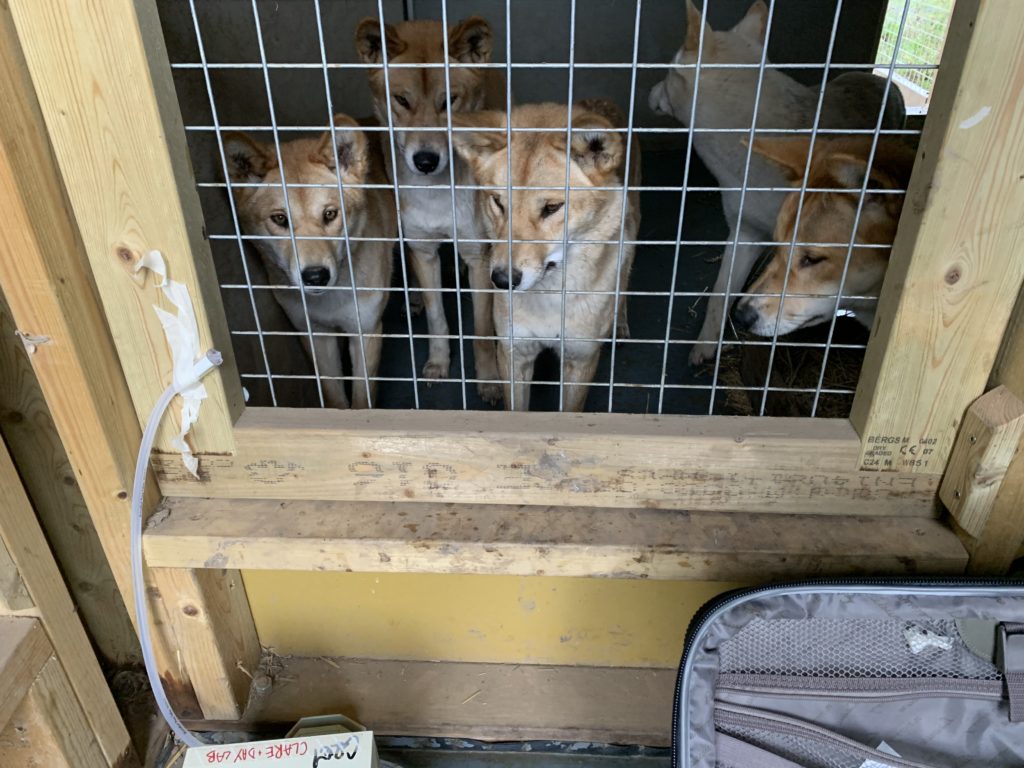
BIOL 5098: Conservation Biology
This graduate course will be presented as a series of debates - run by the students over 6 weeks.
Using a a series of topics that involve controversies in conservation biology will will explore 6 topics as a group. Each student will select a topic and take a side. Each student will deliver a 40 min seminar to the class explaining their side of the debate. It is the responsibility of the rest of the class to engage in a discussion of the topic after. Students will be assessed based on one presentation and a series of summary essays on all topic.
Example Teaching at QMUL
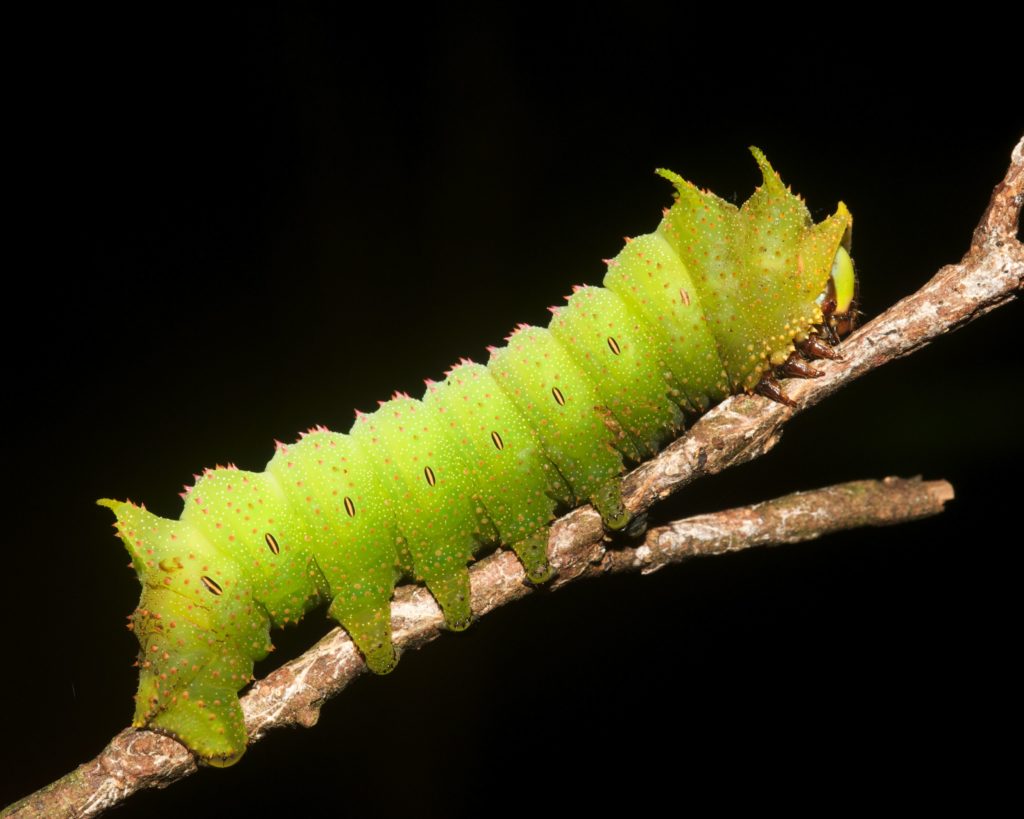
First Year:
Evolution: This module covers the essentials of evolutionary biology. We introduces the theory and mechanisms of evolution and speciation, discuss the fossil record, human evolution, sexual selection, systematics, co-evolution and introduce population genetics concepts including selection, gene flow, mutation, hybrid zones and speciation.
Genetics: This module covers the essentials of genetics. We introduces the structure and function of DNA, RNA and proteins and the related cellular activities. We also examine topics such as epigentics, genomic structure and function, mendelian inheritance and the evolution of genomes
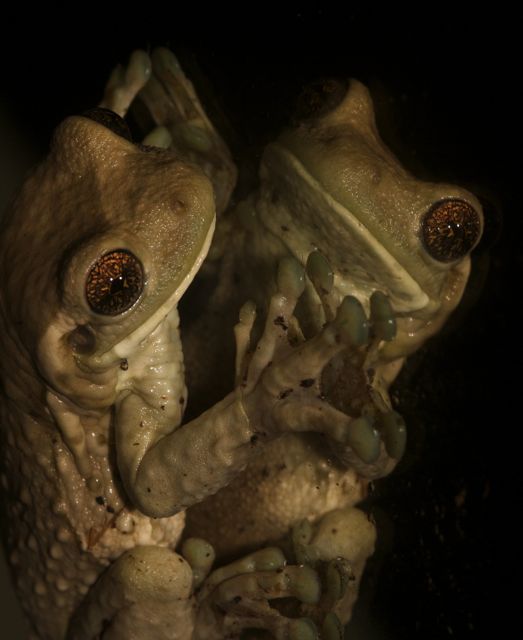
Second Year:
Ecological Interactions 1: In this module you will obtain knowledge of basic ecological principles and learn to integrate theory with empirical observations. You will develop understanding of (i) distribution, growth and regulation of single species populations; (ii) interacting species pairs such as competition, predation, herbivory, parasitism; and (iii) structure and dynamics of multitrophic systems such as food webs, ecological communities and ecosystems. The topics will also cover spatial aspect of ecological systems in the metapopulation and metacommunity context, highlighting relationships between biodiversity, stability and ecosystem function. The module includes lectures, a workshop, and one in-class assessment.
Philosophy and Business of Science: The module will introduce students to the process and philosophy of scientific disciplines, and crucially how this has changed over time. We will examine the impact of social media, big data and big business on the process of scientific research and communication with the public. We will use case studies to examine the interface between the discipline and the public perception. All students regardless of background will participate in one day of practical exercises to familiarize themselves with how a research lab works, what some of the terminology means and how to approach the design and completion of an experiment.
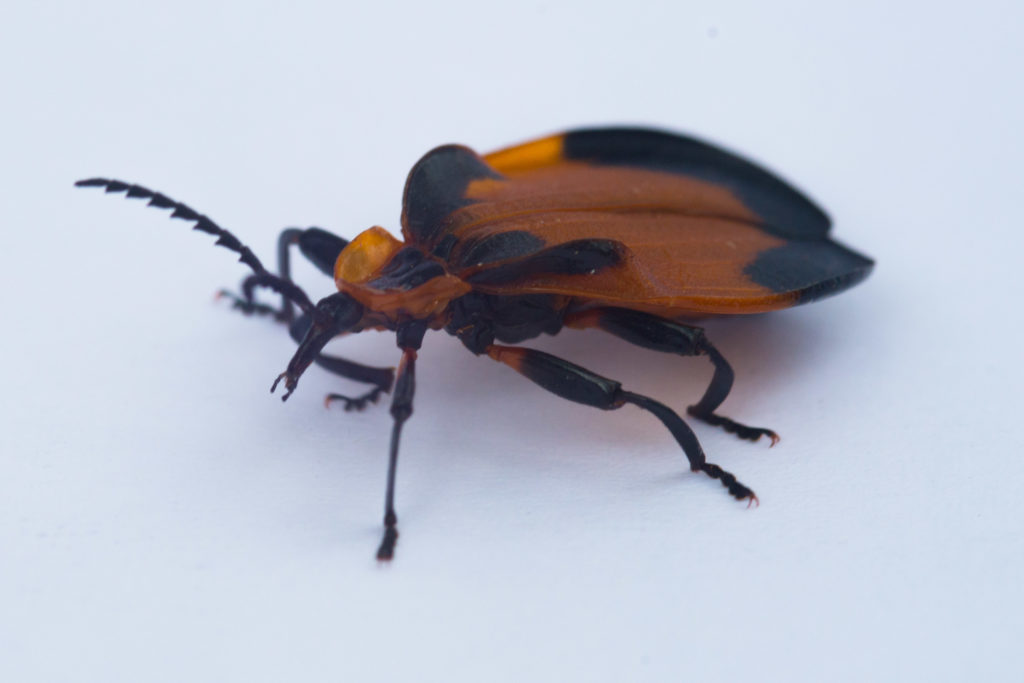
Third Year:
Research Methods and Communication 2: In this module we look at advanced topics in experimental design, data analysis and science communication. Topics covered include the design of large-scale studies, advanced data analysis techniques in R, and statistics which build on Research Methods and Communications I from the year before. The tutorial component continues the theme from second year with further writing exercises, a mock exam essay and popular science writing practice.

Field Course: Savannah Ecology and Conservation - FIELD MODULE The module is designed to provide you with first-hand experience of ecological processes, biodiversity and conservation issues associated with African Savannah. The module teaches conservation issues that impact African wildlife, human wildlife conflicts and discusses the drivers of one of the worlds most magnificent ecosystems. It is based on the flanks of Kruger National Park in South Africa and an excursions into the park itself offers unparalleled examples of top down and bottom up controls on African savannah ecology.
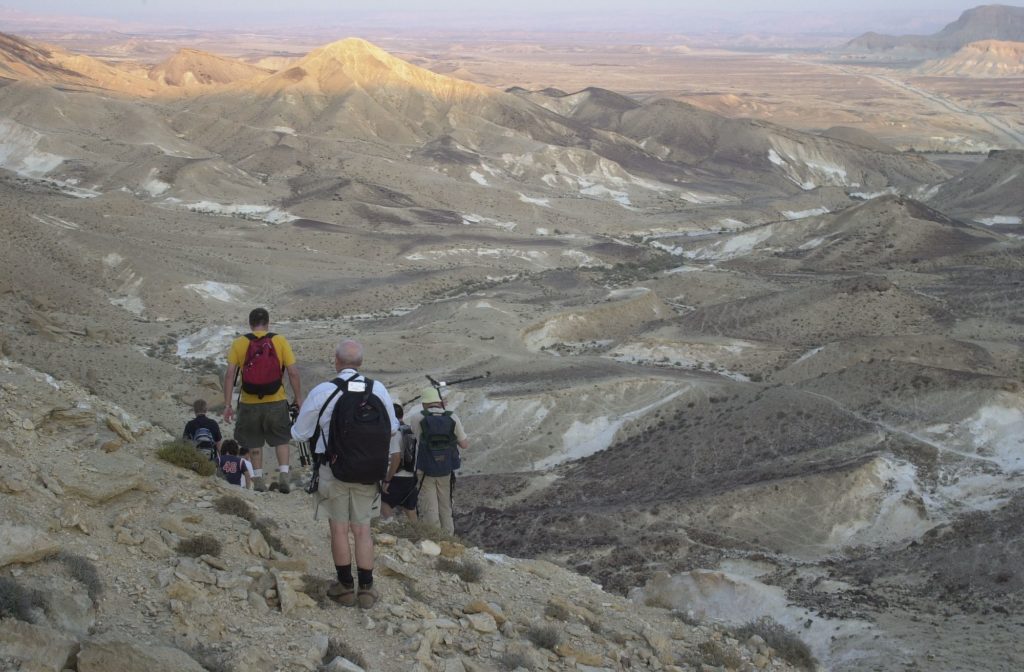
Field Course: Species and their Relationships: Dinosaurs to DNA - FIELD MODULE This course covers taxonomic and systematic research - the principles of identifying species, species concepts, and organisation of those species into evolutionary hypotheses of relationships. In addition to the fieldcourse, there will be an assessed notebook and short presentation delivered in Canada, and a series of coursework assignments and lectures to be completed during the semester.
See a short documentary about UK students on the field module:
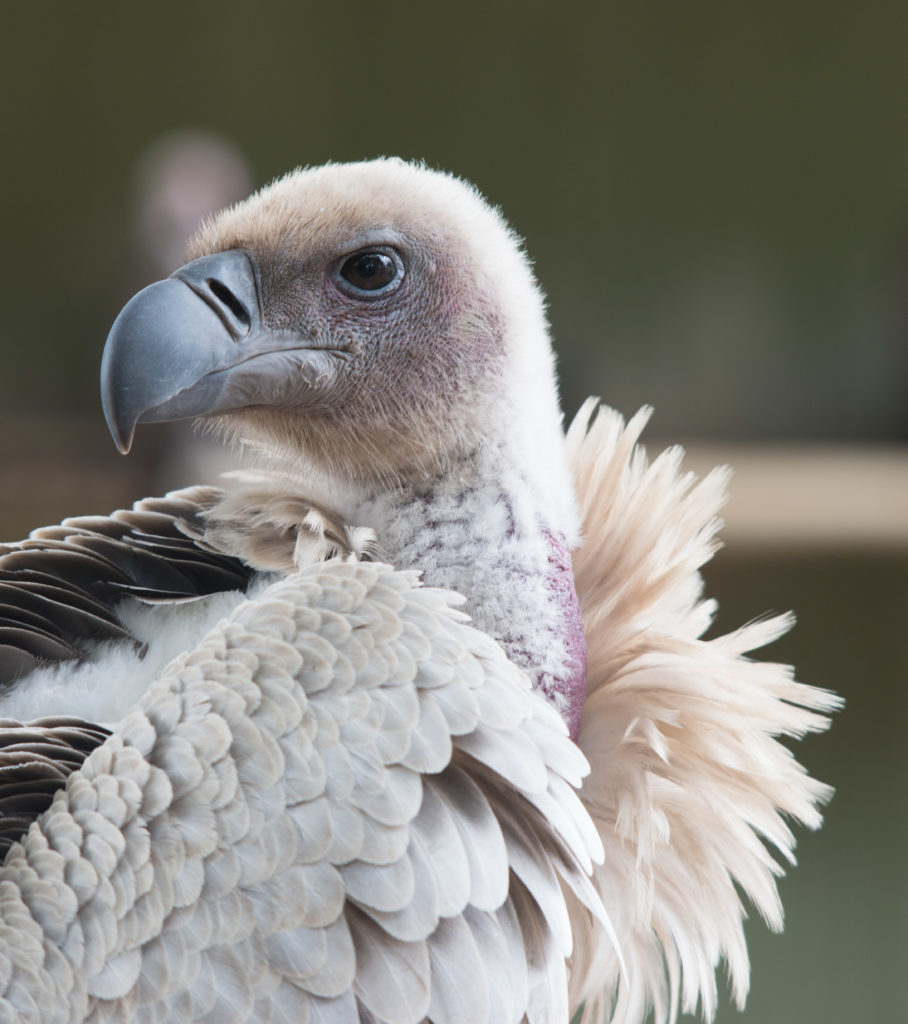
Graduate Course: Ecosystem Structure and Function This module aims to redress the balance by exploring the use of modern tools which allow us to thoroughly integrate measures of ecological structure and functioning. An advanced appreciation of food-webs and ecological theory will be explored as well as the frontier science of microbial ecology. The threat to oxygen and the impacts of invasive species; aquatic-terrestrial linkages and cross ecosystem boundary subsidies; biogeochemistry and nutrient dynamics; plankton dynamics and organismal physiology in a changing world will also be covered. Several aspects of theoretical and ecological predictive tools will be explored, along with contemporary biogeochemical approaches and molecular techniques, such as metabarcoding and eDNA,are covered in relation to understanding the structure and function of ecosystems.

